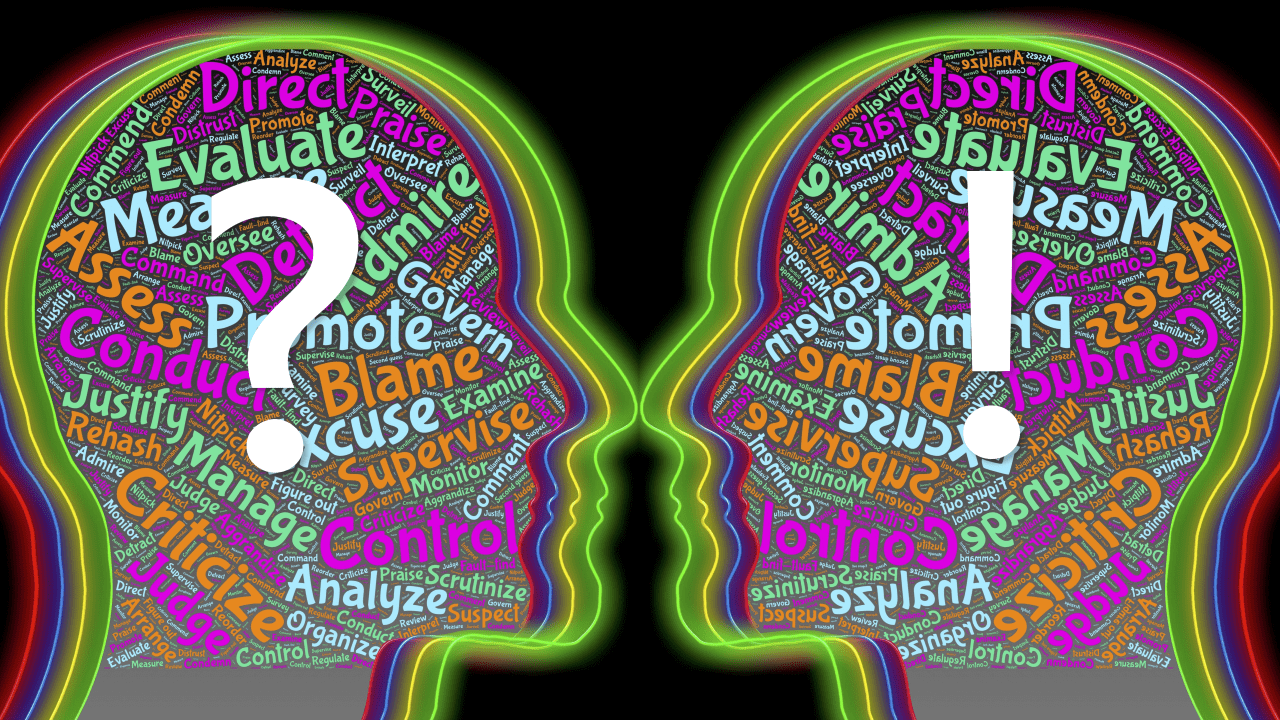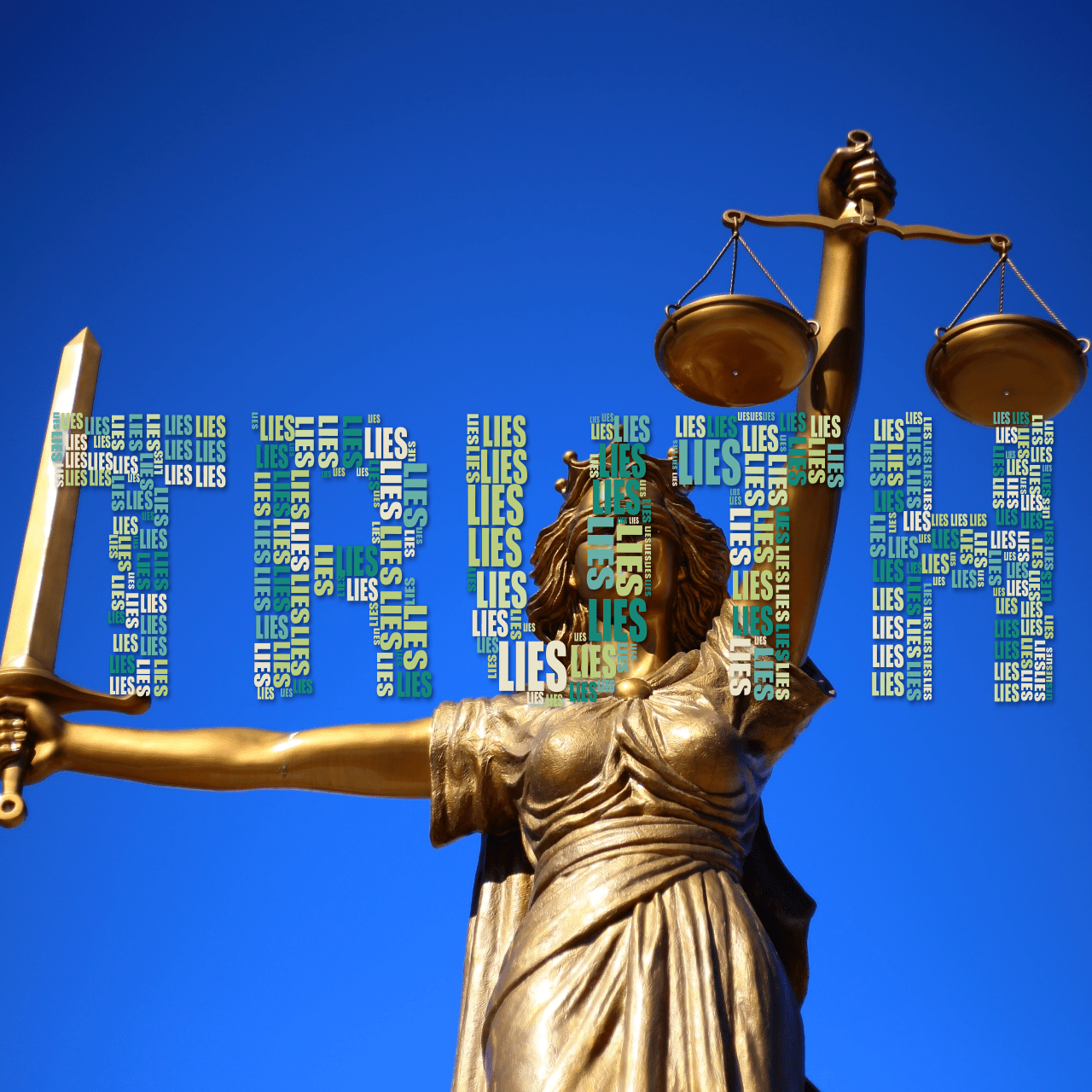What is Consciousness?
You would think you have consciousness, but robots do not. What criteria should we apply for judging whether a certain system has consciousness or not? I would like to suggest a criterion: whether it can waver in its selection or not.

1. Hesitation enables consciousness
We often waver in deciding the menu of a meal, but never in deciding whether to secrete gastric juices from our stomachs to digest food. That’s why we are conscious of the menu of a meal, but not of secretion of gastric juices.
From this fact we can guess that insects have no consciousness, because they are governed by instinct. If there is no indeterminacy in the connection between input and output, consciousness is an unnecessary luxury. We can virtually experience the life of insects during dreamless sleep, when we lose consciousness, while the bodies continue metabolism and the brains continue reflex actions.
2. Mere uncertainty doesn’t define consciousness
The agent with no freedom for selection has no consciousness. But this does not mean that every agent whose selection is indeterminate has consciousness. Suppose that you make a robot whose decision depends on quantum uncertainty. Its action is random and unpredictable. The robot is at the mercy of contingency and does not waver of itself. Therefore, it does not have consciousness.
Indeterminacy is the state that can be otherwise than it is and the accidental agency that does not waver does not internalize this otherness. Consciousness is the differentiated self-identity that internalizes the otherness. If a robot were to compare alternatives and select the one that is the most desirable to achieve a purpose with the selecting criteria revised as a consequence of experience and learning, the robot would have consciousness.
3. Can robots have consciouness?
In order to make a robot like us, it must select not only means but also purpose by itself. It is weird to imagine a SF story that robots made by men would wonder for what purpose they existed and make up their minds to revolt against us. Fortunately, we cannot easily make a robot that can really waver, though we can make one that seems to waver.








Discussion
New Comments
Wouldn’t it seem that consciousness is an intangible criteria? How many humans are not even aware of their own existence; adults included. See how many drones sit in a classroom, just sucking up air, not caring about what the lecturer is talking about or their existence in relation to others. I postulate that life is the more meaningful question. Each American has a supposed right to it; so what, exactly, is it? It must be more than mere consciousness.
Consciousness is intangible, to be sure, and that’s why I tried to define it. I will also take up the problem of life someday, but life is a different concept from consciousness. There is a life without consciousness and there can be consciousness without life at least logically.
You say that an insect is governed by instinct and so is not conscious. Could you please elaborate on this? We cannot decide not to eat to a greater extent than an insect. If given a choice, insects will also decide between food sources, as we do. I think perhaps you underestimate the role of instinct in our own lives.
What we can actually do is limited. But we can imagine, “If I were to….” This ability of counterfactual conditional imagination distinguishes us from those governed by instinct.
Are you equating consciousness with forethought? A Chimpanzee can demonstrate the ability to plan ahead (it fashions tools for use at a later time). Would this be considered consciousness? And what then is the role of self-awareness in consciousness?
Consciousness is not forethought but the ability to suppose the other possibility. Self-awareness is consciousness of other possibility of myself.
I’m sorry but I still don’t understand the distinction you are making. Which possibility do you refer to? I believe you are saying that consciousness is not forethought but the ability to recognize that we have forethought. Self-awareness is the realization that I am me and not someone else. Is this correct?
“The ability to suppose the other possibility” does not mean the ability to recognize that we have forethought. The world can be interpreted otherwise than it actually is. For example I can suppose, “If I had not been born,…” You said, “Self-awareness is the realization that I am me and not someone else.” Yes, it must be reflected from the consciousness of the others.